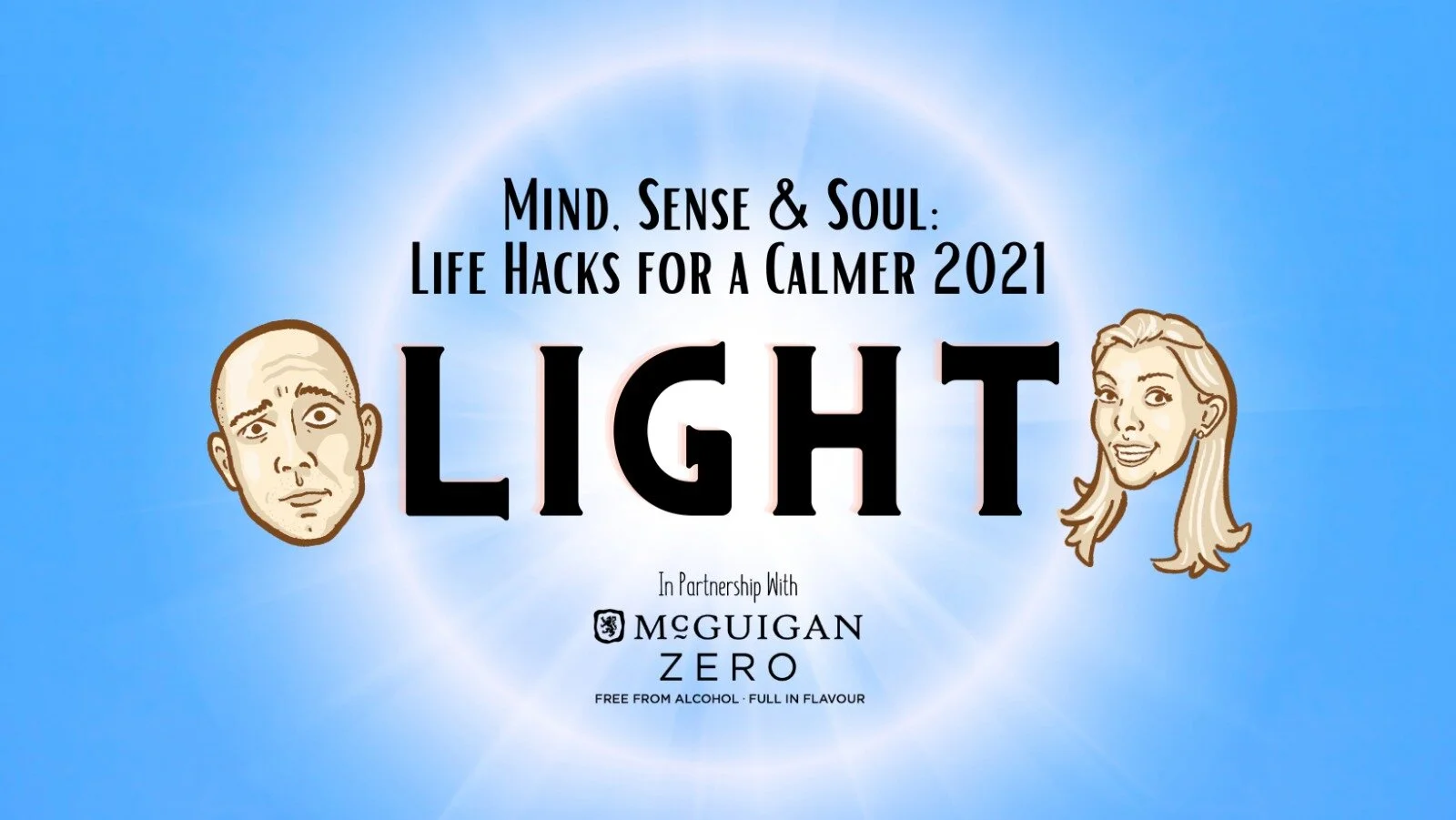Mind Sense & Soul: Scent
Our sense of smell used to play a vital part in our evolution and survival, but although we rely less now on it now for that than our eyes and ears, we often take its importance for granted.
As well as being responsible for 80% of what we perceive as flavour, smell still helps us sense danger from things like gas leaks, smoke and rotten food. It is also however, the only sense that affects the parts of our brain linked to memory and emotion, which is why aroma can be a fantastic, natural tool for improving our psychological well-being. It can be as simple as the waft of a good scented candle or diffuser when you walk into a room.
Aromas can be used to calm, enliven the spirit, subconsciously unleash desires and help us to feel safe. Inhaling them in the form of essential oils or just stronger scents too can help to produce serotonin and dopamine, which in turn helps to regulate mood.
Smell training
Have you heard of Proust and his madeleine cakes? The power of aroma to unlock memories and feelings is immense, so why not use that super power to your advantage and teach yourself to be calm or positive with practice? Pick a specific scent to inhale when you’re feeling a certain way, do that a few times and soon, you’ll find that you get that feeling back more easily every time you smell that aroma again.
Smelling practice has now also been proved to stave off dementia (read more on that below). A study was also done with sommeliers, which showed that the parts of their brains associated with smell and memory were thicker than non-somms thanks to their years of practice smelling wine and considering the complex aromas. Finally, some good news about what I do for a living!
Which aromas for what?
Certain herbs and flowers have been proven to have positive benefits, so it’s not just a case of spritzing yourself with Chanel.
For reduced stress, anxiety and depression, try bergamot, lemon balm, rose and sweet orange.
For sleep, try lavender.
For positivity, try cedarwood and sage.
For focus and calm, try sandalwood.
For mental stimulation and an energy boost, try peppermint.
For sexy time, try cinnamon and jasmine.
For headaches and nausea, try ylang ylang and ginger.
There are links to full lists at the end of this article.
Scenting your home or even just a room or two could do wonders for your sense of wellbeing in a quick and inexpensive way and right now, as many of us are locked down, we could all do with a treat. So, go and find those candles, dim the lights and breaaaaathe!
Are you worried about losing your sense of smell? Anosmia has a perhaps surprisingly big effect on your mental health. Get help and support at www.fifthsense.org.uk
Park Candles
We’re huge fans of Park Candles as they look and smell so divine. Here’s a code you can use to get 40% off! Note this is not an affiliate link - just sharing the love. Code: Enter AIDY40 at parkscandles.com
Articles
Fifth Sense: The psychology of smell
Losing the sense of smell could be the sign of larger health issues. Here.
The benefits of specific aromas. Here and here
How tasting wine can help stave off dementia. Here.
Books
Aroma: The Cultural History of Smell by Constance Classen
Essential Oils Reference by Dr Raskin
Podcasts
Aromatic wisdom: the voice of aromatherapy
Watch our other MInd, Sense & Soul videos at thethreedrinkers.com/balance










